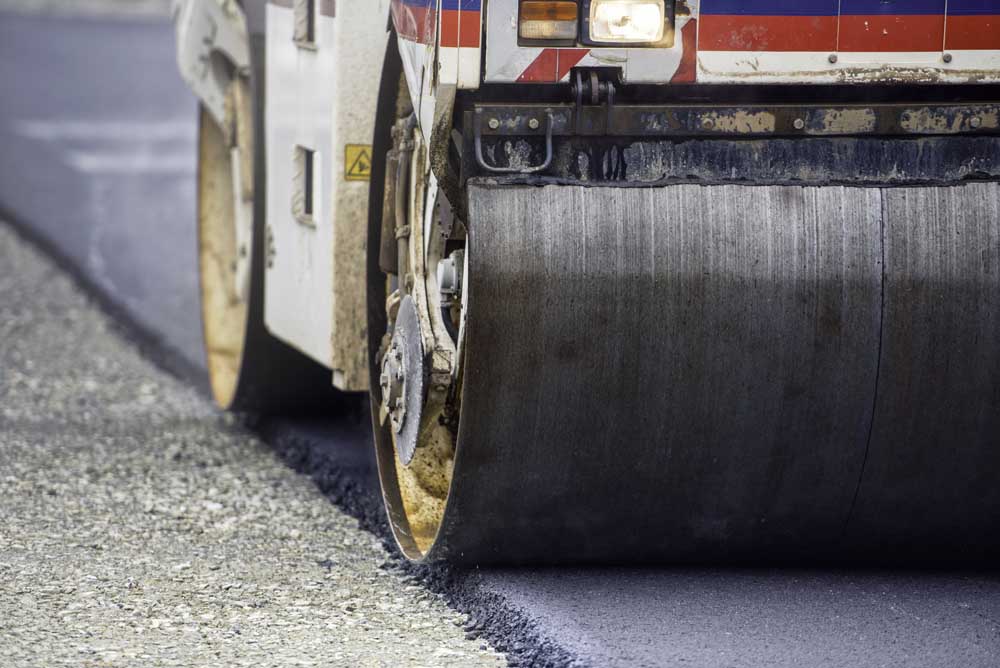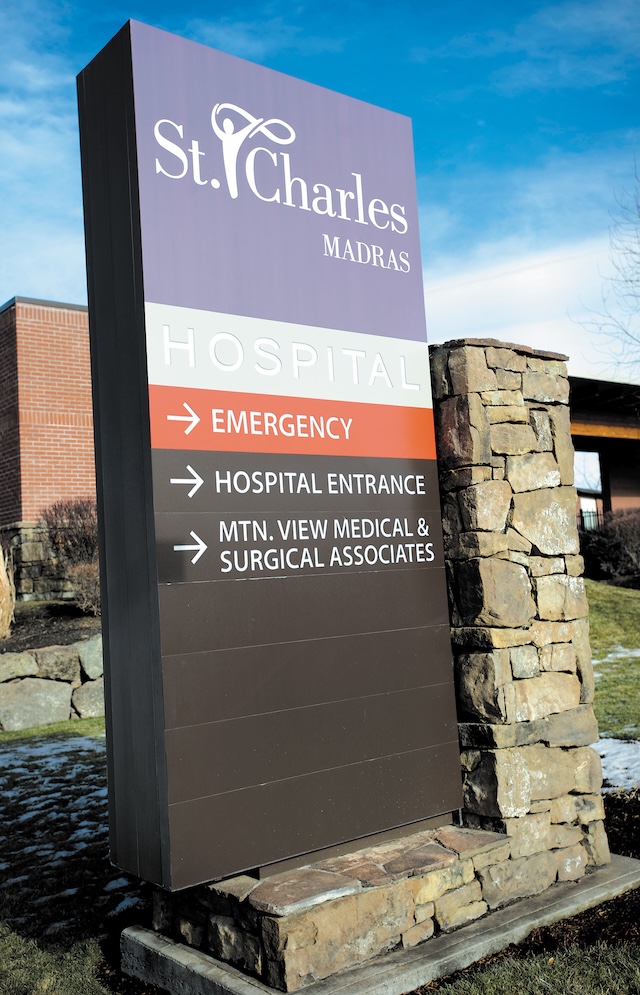Editorial: Choose these three options
Published 12:00 am Saturday, July 21, 2018

- (123RF)
Bend’s Citywide Transportation Advisory Committee, about two dozen residents, is charged with making recommendations to the City Council on transportation issues, including finding new money to pay for street maintenance and improvements.
As part of that search for funding, the work group will meet Tuesday, July 24, to consider nearly 20 possibilities and decide which ones to focus on. Some, such as a transportation utility fee, could be imposed without a vote and that should be rejected.
Trending
Three possibilities warrant further discussion, however. Each would solve a different funding problem and give voters the greatest say in where and how their money would be spent.
General obligation bonds like the GO bond voters approved in 2011 should be considered for major projects. Bonds give voters the final say on what’s important, pushing officials to propose specific projects voters believe in. As school districts often do, new bond requests could be made as older bond measures retired, holding down the potential for sudden jumps in property taxes.
Local improvement districts, in which local property owners agree to pay the cost of neighborhood projects themselves, fill another gap. Bend has used them to good advantage in the past for such things as paving neighborhood roads, and they could be used in a similar way again. Again, voters, in this case 50 percent of property owners within a proposed LID, would have to approve a new district. If that happens, neighborhood property taxes increase for a time to pay for the work done.
Finally, there’s a gasoline tax. While voters trounced a gasoline tax in 2016, the idea still has considerable merit. Gas taxes fall directly on motorists, and those who don’t drive avoid them. They also collect money from tourists and, unlike room taxes, can be spent as city officials wish. And, while it clearly would be foolish to ask voters to approve both bonds and a gas tax at the same time, we believe voters could be persuaded of the value of a gas tax, given the right approach.
Each of the three options has advantages, and combined, they could provide the money the city’s roads need.








